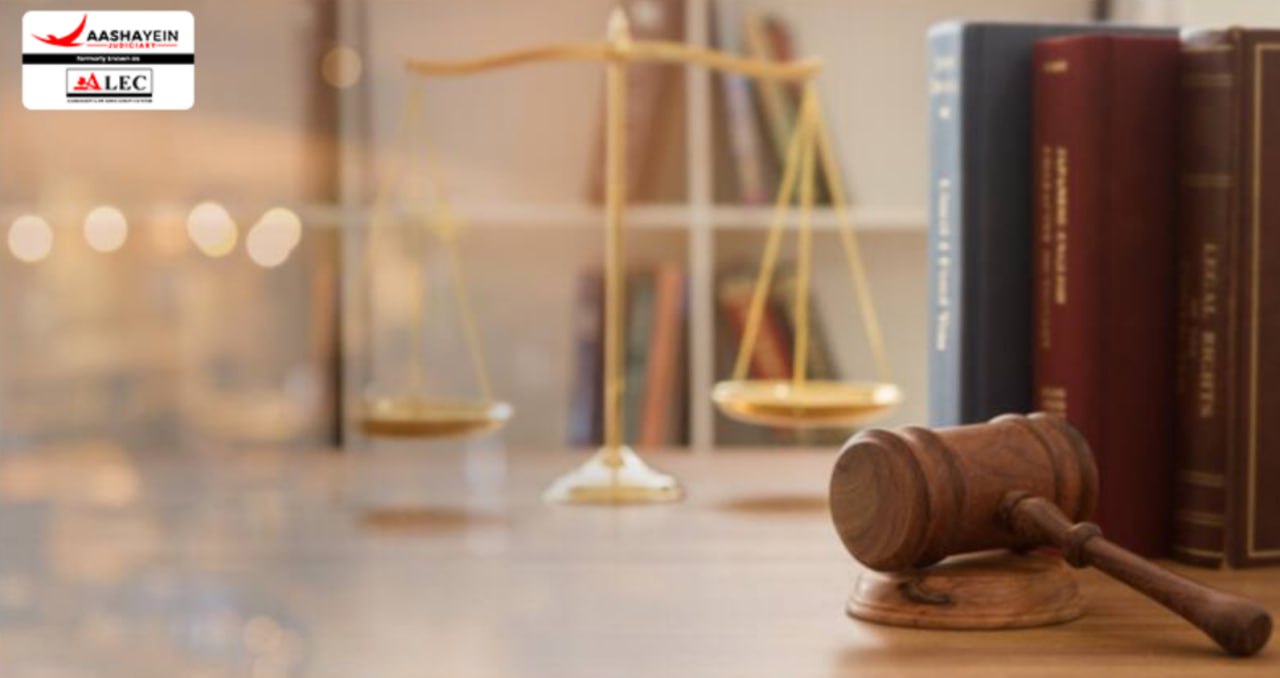The Bar Council of India (BCI) informed the Supreme Court that a practicing lawyer cannot simultaneously hold accreditation as a journalist. This issue came up in the case Mohd. Kamran v. State of Uttar Pradesh & Ors. [SLP(Crl) No. 9615/2024; Diary No. 28200/2024], where Advocate Mohd. Kamran sought clarity on whether his dual roles as a practicing lawyer and a freelance journalist could coexist.
The Bench of Justices Abhay S. Oka and Manmohan referred the issue to the Bar Council of India (BCI) to decide if a lawyer can work as both a freelance journalist and an advocate. The BCI's lawyer made it clear that such dual roles are not allowed, stating, “Lordship, they cannot practice law while also being accredited journalists”.
The BCI lawyer referred to Rule 49 of the BCI Rules, which prohibits advocates from taking full-time jobs with individuals, businesses, government agencies, or other entities. If an advocate becomes employed, they must inform the Bar Council and stop practicing law during their employment. However, there is an exception for government and corporate law officers who are required to appear in court as part of their duties, even if they are salaried employees.
The Supreme Court observed that it is unprofessional for a lawyer to claim to be both a freelance journalist and an advocate. The Court also instructed Kamran’s lawyer to get clarity from the petitioner on whether he wished to continue practicing law or pursue journalism, as holding two jobs simultaneously is improper.
On October 21, the Court referred to its earlier order from July 29, 2024, instructing the Registry to send fresh notices to the Bar Council of India (BCI) and the Bar Council of Uttar Pradesh. The notices are to be returnable by November 29, 2024. The Court reiterated this directive in its order, stating: “As per the order dated 29.07.2024, the Registry is to issue fresh notices to the BCI and the Bar Council of Uttar Pradesh, returnable on November 29.”
It is to be noted that On July 29, the Court reviewed the petitioner’s complaint filed under Section 200 of the Criminal Procedure Code, 1973. In the complaint, the petitioner described himself as both a practicing Advocate and a Freelance State Accredited Journalist. The Court noted that this conduct should be examined by the Bar Council of Uttar Pradesh and the Bar Council of India to determine whether it aligns with the rules of professional ethics.
In conclusion, the Supreme Court and the Bar council of India (BCI) have put it clear that practicing lawyers cannot exercise the profession of an accredited journalists. The Policy of engagement in full-time employment as an advocate is in violation with Rule 49 of the BCI Rules. The Court underlined the issue of professional ethics and told the petitioner either continue practicing law or go for journalism.

